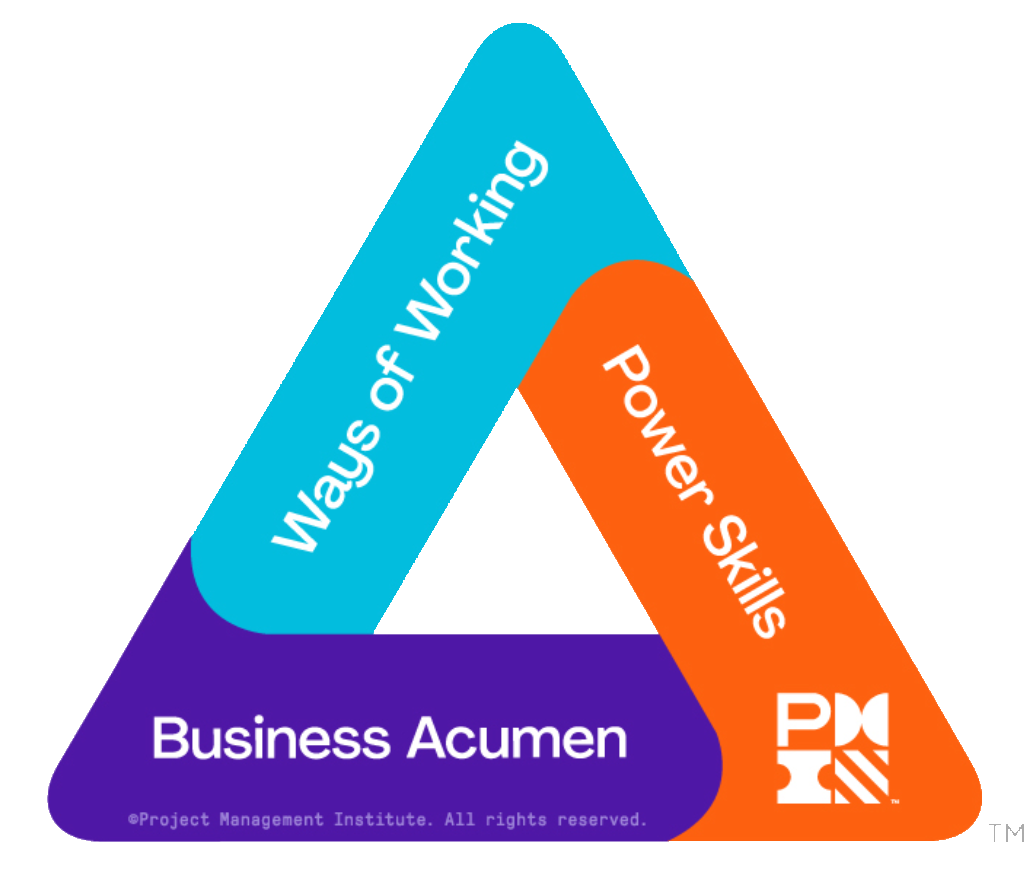Summer is approaching and besides planning some time off, a relaxed moment can also give you the opportunity to enhance your skills and understand where to improve your professional profile. To evaluate if the role of Project Manager is right for you, we wrote what you need to do to pursue a career in this field.
Project management skills are timeless and are useful for any project, ranging from building sandcastles on the beach to managing a multinational company. However, talent and motivation are not enough; you need to develop cross-functional skills and knowledge to be able to aspire to the role of Project Manager.
Take on Project Manager Responsibilities in your current job
On-the-job experience definitely helps to increase your skills quickly and practically. The skills you could start working on immediately are those highlighted by the Project Management Institute‘s Talent Triangle:
- Ways of Working: to master different ways of working (e.g.,predictive, agile, design thinking, or new practices still to be developed) so the right technique can be applied at the right time, delivering winning results.
- Power Skills: interpersonal skills that include collaborative leadership, communication, innovative mindset, for-purpose orientation, and empathy. They are essential to maintain influence with a variety of stakeholders.
- Business Acumen: to understand the macro and micro influences in their organisation and industry, understand how their projects align with the broader organisational strategy and global trends, and have the specific knowledge to make good decisions.

If it is possible within your company, try to take on jobs that you know could test you on at least one of these skills. Voluntarily taking on projects will not only increase your experience, it will also improve your reputation within your company and will open up new possibilities for assignments that are more in line with your desired role.
Transferable skills
Not all organisations require previous experience in a Project Manager role. However, the so-called ‘transferable skills’, that you may have acquired from other roles, are crucial. Among these, extremely important for project management are:
- Ability to manage a team
- Problem solving skills
- Observation and analytical skillsl
Ability to manage a team
For a Project Manager, the team is crucial: if no one performs the assigned tasks, or performs them incorrectly, their work may be useless.
In order to efficiently manage a project it is necessary to be able to communicate with each member of the team, making sure that everyone is aligned and aware of the objectives they are working towards.
Problem solving skills
Being a Project Manager is extremely complex, each project is different and presents different problems. Being able to respond promptly to any situation that may block or delay the realisation of a project is a prerogative of a successful Project Manager.
Observation and analtical skills
Understanding the context of a project and everything related to it is very important. Developing great observation and analitical skills will enable you to pay attention to fundamental details of each project, anticipating possible errors and obstacles.
Develop your soft skills
While all the skills we have already mentioned can be learnt and assimilated by working and gaining experience, skills such as collaboration, empathy and having an innovative mindset depend on personal inclinations. It is essential to be aware of your soft skills and to develop them to the best of your ability so that you can approach team-work fully knowing your strengths and weaknesses.
Obtaining a certification
Obtaining a certification can benefit both those who want to embark on a career as a Project Manager and those who are already performing the role:
- If you want to change roles within the same organisation: by obtaining a certification you will be able to demonstrate that you have acquired the knowledge and skills necessary for the role change.
- If you want to change roles within a new organisation: a certification is a guarantee of your professionalism for the new employer who does not yet know your real skills and potential.
- If you want a promotion or a salary increase: according to PMI’s annual survey 72% of professionals who achieve certification manage to obtain a salary increase within twelve months.
PRINCE2
PRINCE2® (Projects IN Controlled Environment) is the most widely used project management method in the world. Created on the basis of concrete experience and updated over the years by experts in the field, PRINCE2 provides a common language and breakpoints within a structured framework. PRINCE2 is a flexible method that can guide you through each phase of a project and can be adapted to meet your specific needs.
Learn more about PRINCE2! Read our blog What is PRINCE2?
AgilePM
AgilePM® is an innovative approach to project management that combines standards, rigour and visibility with the speed of change provided by Agile. It is aimed at professionals who want to adopt a flexible and collaborative project management approach while improving standards, quality and speed of delivery. AgilePM is the only Agile framework that takes the project lifecycle into account, going beyond the scope of product development.
Learn more about AgilePM! Read our blog What is AgilePM?
PMP
PMP®, Project Management Professional, is the standard project management certification. Recognised and required by organisations worldwide, the PMP certification attests to a Project Manager’s competence: it demonstrates that a Project Manager has project management knowledge, experience and the skills to successfully complete projects.
Learn more about PMP! Read our blog What is PMP?









